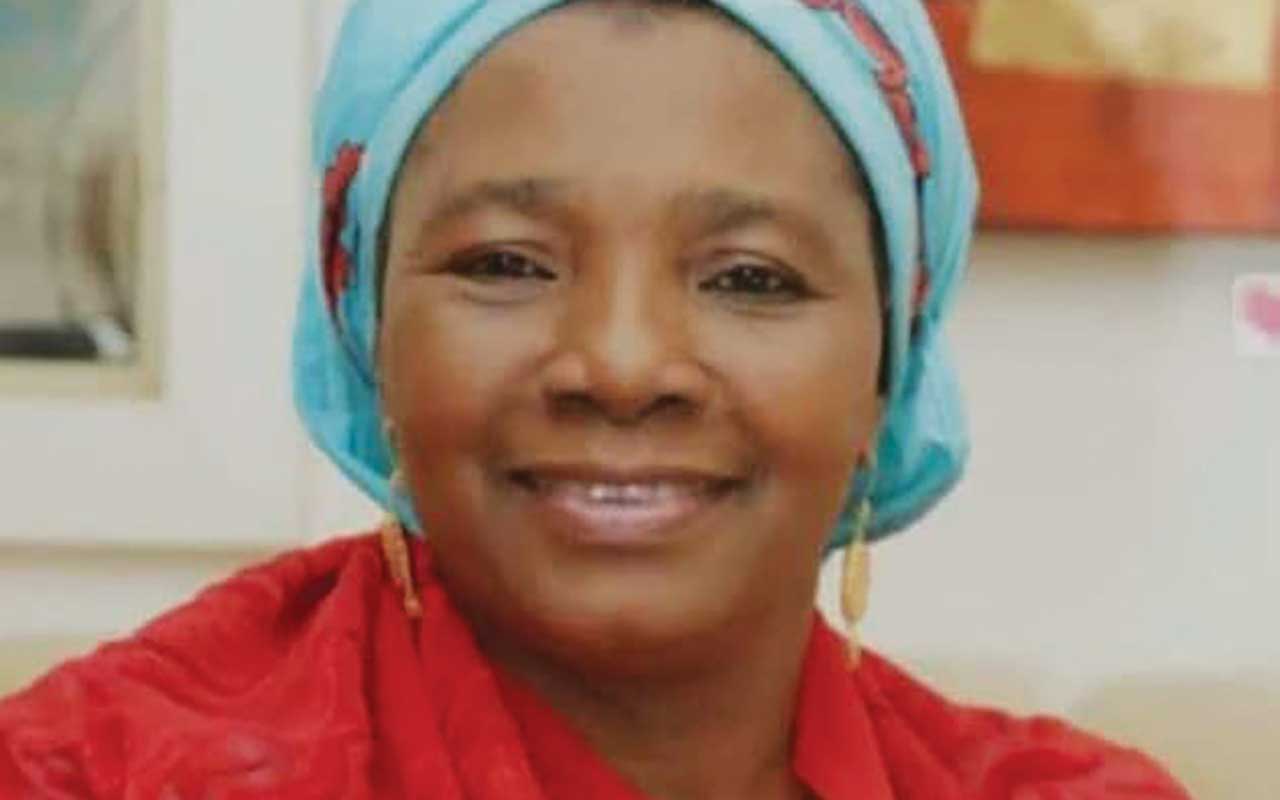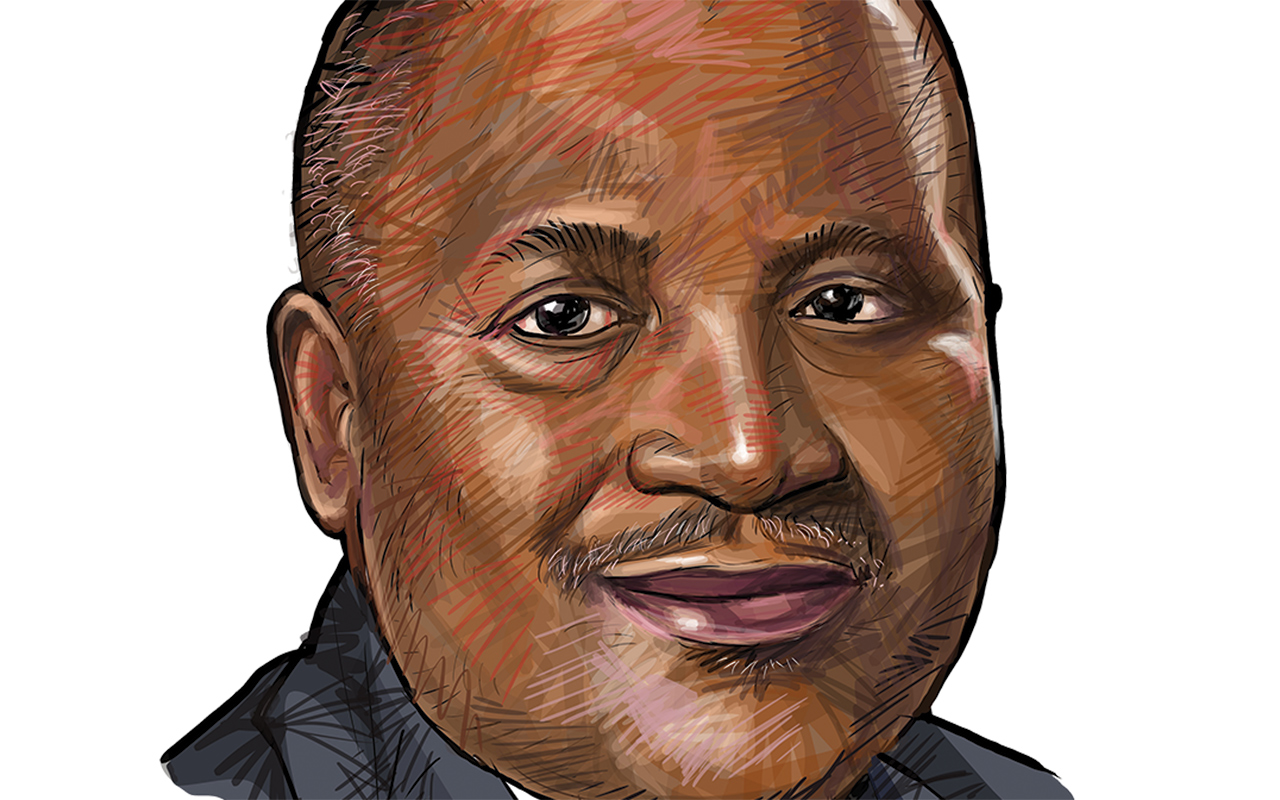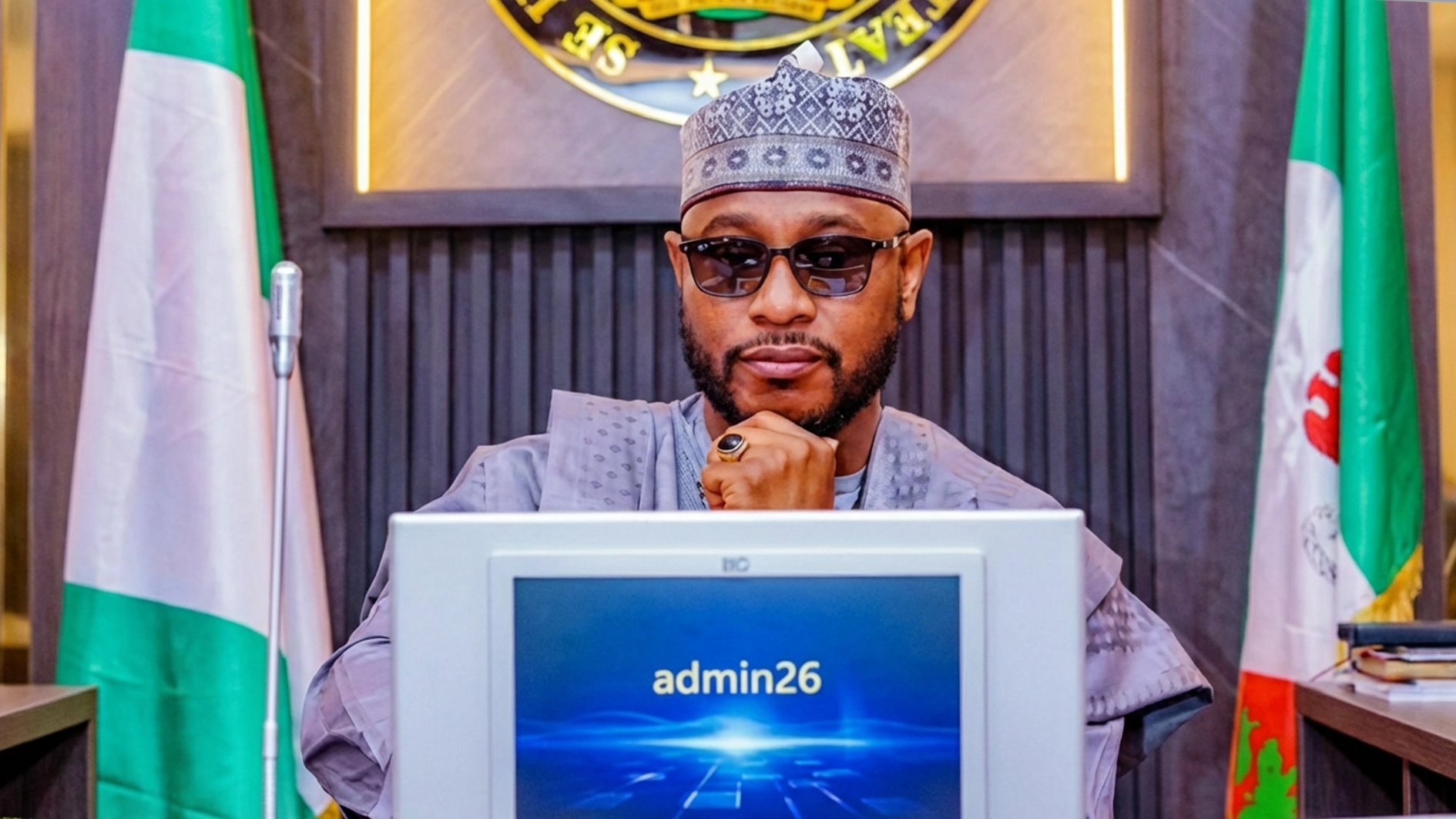
The new tax regime by the Enugu State Government aimed at enhancing standards in private schools is unsettling school owners and currently generating ripples between the government and proprietors. While government maintained that the taxes are necessary to instil sanity and regulate activities, school owners believe it is a plot to stifle and run them out of business, LAWRENCE NJOKU reports.
This is not the best of times for private primary and secondary schools in Enugu as the state government moves to regulate their spread, enhance their efficiency, and standardisation through taxation.
Anyone who is conversant with Enugu State would readily agree that one venture that has grown in leaps is school business. Church premises, residential and uncompleted buildings, halls as well as car garages and makeshift arrangements are potential places housing various cadre of schools in the state.
Residents have continued to patronise them, even with the high fees. This stemmed from the fact that while these private schools continue to engage younger minds that are in tune with modern realities, such cannot be said of public schools. Residents believe that private schools prepare children better than their public counterparts.
Recently, however, Governor Peter Mbah made bold efforts to restore confidence in the state public schools. He abolished payment of school fees up to junior secondary, and ensured that what they pay at the senior level is nothing compared to what their counterparts in private schools pay.
He also tried to boost learning by sticking to his campaign promise of setting up smart schools in each of the wards. These schoolsare fitted with modern teaching techniques and facilities, have advanced.
Already examinations have been conducted for teachers that would teach in the schools, who have equally been offered free accommodation by the government.
The state government also believed that with a handsome package and remuneration for workers in the smart schools, it would boost enrolment and reduce growing appetite for private schools.
But while waiting for her plans to fully mature, the government recently jacked up the fees and levies paid to it by private schools, while at the same time, shutting down those that have failed to pay the levies, or refused to conform to stipulated standards.
The government explained that its action was part ofefforts to protect and secure the children’s future, and was in line with the education law, specifically part VI section 49 (2), which stipulated that “it is an offence to establish and operate a school without first obtaining evaluation and approval from the Ministry of Education.”
The state Commissioner for Education, Prof Nwabueze Mbah, who led the enforcement team, said the action followed an earlier call by the ministry for all operators across the basic and secondary levels to comply with state regulations, which mandate registration and approval by the ministry.
Explaining that the call was made four months ago, Mbah added that some of the affected private schools had been operating under life-threatening conditions, thereby subjecting innocent children to unsafe and unhealthy learning environments.
“The safety and quality of education our children receive must be prioritised. We will not allow any school to operate below the required standard. This is about the future of our state, and we owe it to our children to give them the best foundation,” he stated.
The government, while debunking claims of imposing taxes, said what it did was revised licensing fees for newand existing private schools to register for provisional approval or renew their licenses for a fee between N100,000 and N300,000,” stressing that the exact fee depends on the school’s category.
But Owners of private schools however, disagreed, stressing that there was a plan to stifle them and discourage investment of private individuals in the sector with outrageous taxes.
They had lamented that the fees have been changed from registration inspection, provisional approval fees, and application fee tolicence inspection and academic year licence renewal fees, with each of the provisions not less than N100,000, depending on the size of the school.

For instance, it fixed N200,000.00 for registration inspection for senior secondary, while nursery to junior secondary is N250,000.00. A two-year provisional approval fee for senior secondary is N300,000, while nursery and junior secondary is N500,000.
Pioneer Chairman, Association of Private School Owners of Nigeria (APSON) in the state, Emeka Grahams, described the new policy as unhealthy and unfavourable.
“The issue is that private school owners in Enugu State are being strangulated by an unfriendly policy. The government, through the ministry of education, came up with a policy of high taxation far beyond what we used to have prior to this administration.
“It used to be N30,000 yearly renewal, but presently, there are various levies. The worst of it is that the provisional approval fee that schools used to pay no longer applies, one has to register afresh.”
A member of the state education stakeholders, Dr Ejiofor Godwin, lamented that the heavy taxes only serve to further burden private school owners.
Godwin noted that private schools contribute significantly to the state’s internally generated revenue, and should be encouraged to grow
On the closure of schools without requisite structures, he suggested that government could give a timeline of about three years to enable them improve on the facilities.
He also requested financial and material support to school owners, while advocating that fees should be charged based on location, financial and numerical strength of each school.
Part of the challenges parents have been grappling with since the resumption of the current academic session are the astronomical increase in fees charged by private schools in the state.
While some of the schools attributed the increase to the economic situation of the country that has affected cost of commodities, others blamed the development on increase in taxes imposed by the government. Some schools that were paying N30,000 as school fees increased to N50,000 among other sundry fees.
Gertrude Nweze, a father of four, told The Guardian that he was forced to withdraw his wards from private school and enrol them in a public school, when he could no longer afford the fees.
A retired civil servant, Ikechukwu Uzoma, however, justified the action of the government, saying despite the huge fees being charged by private schools, their teachers are poorly paid.
“The truth is that before you set up a school, there is a standard government expects you attain. The rules and regulations guiding the operations of private schools are there, but some school owners simply ignore after securing provisional approval.
“The way private schools are spreading in the state calls for concern, if the purpose of establishing schools is forlearning. The need to enforce standards by way of inspecting facilities and sanctioning them where necessary, should not be politicised. It is the duty of government to churn out policies and guidelines to regulate its environment, and private schools should not be exempted from what the government is doing. If we get it right in that sector, it means the future of our children is guaranteed,” Uzoma added.
Apparently miffed by complaints of multiple taxation in the state, Chairman of the State Internal Revenue Services, Ekene Nnamani, said the government has moved to solve the issue with introduction of a single yearly unified tax payment system using the e-ticketing solution.
Nnamani noted that the system allows business owners in the informal sector to pay taxes once a year using the e-ticket platform,instead of paying into different revenue generating ministries, agencies and departments.
“It is not about paying multiple times because when you pay once through the e-ticket, the payment splits to other agencies too. That’s the type of environment that encourages businesses to thrive.






